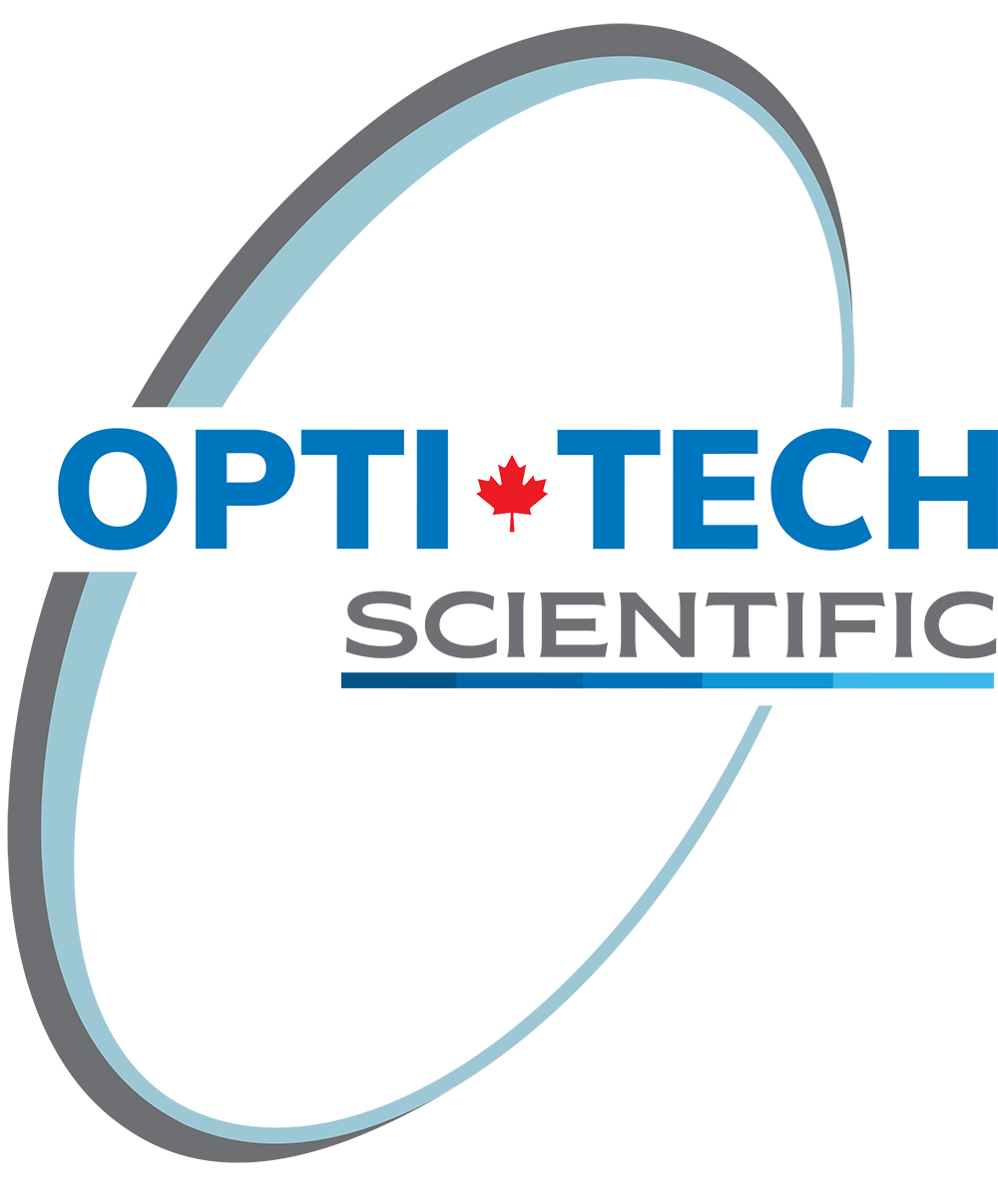The Future of Lithium Refining
Demand for lithium is increasing at an unprecedented pace, fueled by the expanding markets for electric vehicles, renewable energy storage, and consumer electronics. While early lithium production focused on extraction from ore and brine, the next phase of refining will emphasize sustainable methods, including advanced separation technologies, environmentally friendly chemical treatments, and resource recovery processes. These innovations are essential for reducing costs, reducing environmental impacts, and ensuring a stable supply chain for critical lithium compounds such as lithium carbonate and lithium hydroxide.
How Lithium Refining is Transforming the Supply Chain
Lithium refining technology has advanced significantly, introducing new methods to enhance efficiency and sustainability. The industry is progressively focused on innovations that reduce resource consumption while maintaining high-purity outputs essential for EV batteries and energy storage. Process optimization and water-saving technologies are now top priorities as producers work to improve both yield and sustainability. Additionally, closed-loop systems are gaining momentum, enabling lithium recycling and reuse within a circular economy model.
Companies are also investing in digital monitoring and real-time data analytics to streamline refining processes and ensure consistency. These tools help lithium producers identify inefficiencies, reduce downtime, and control costs while adhering to environmental standards. With growing pressure to meet regulatory and sustainability requirements, adopting environmentally friendly refining practices is now essential for industry resilience and investor confidence.
Progress in Refining for High-Performance Applications
Lithium refining is producing high-purity compounds essential for high-performance batteries and next-generation energy storage systems. Producers are developing technologies that optimize chemical usage, recover valuable by-products, and achieve the purity levels required for advanced battery manufacturing. At the same time, the industry is adjusting to regulatory changes, environmental standards, and logistical challenges as production expands.
With advancements in refining technology, lithium-based materials are being used beyond EVs to support renewable energy infrastructure, grid storage, and electronic applications. As lithium refining progresses, industry leaders are prioritizing techniques that improve efficiency and sustainability while ensuring resource security for a growing market.
This new phase of lithium refining introduces innovations in resource recovery, waste management, and closed-loop recycling. As the demand rises, the industry must balance sustainable production with environmental responsibility. Recycling and reusing lithium are growing steadily more important as stakeholders embrace a circular approach. Additionally, industry decision-makers are prioritizing challenges such as cybersecurity, environmental compliance, and supply chain risks.
At the Sustainable Lithium Refining 2026 event, industry stakeholders, including lithium miners, refiners, EV manufacturers, and mineral processors, will explore the latest sustainable refining solutions to meet the increasing demand for clean energy materials.













